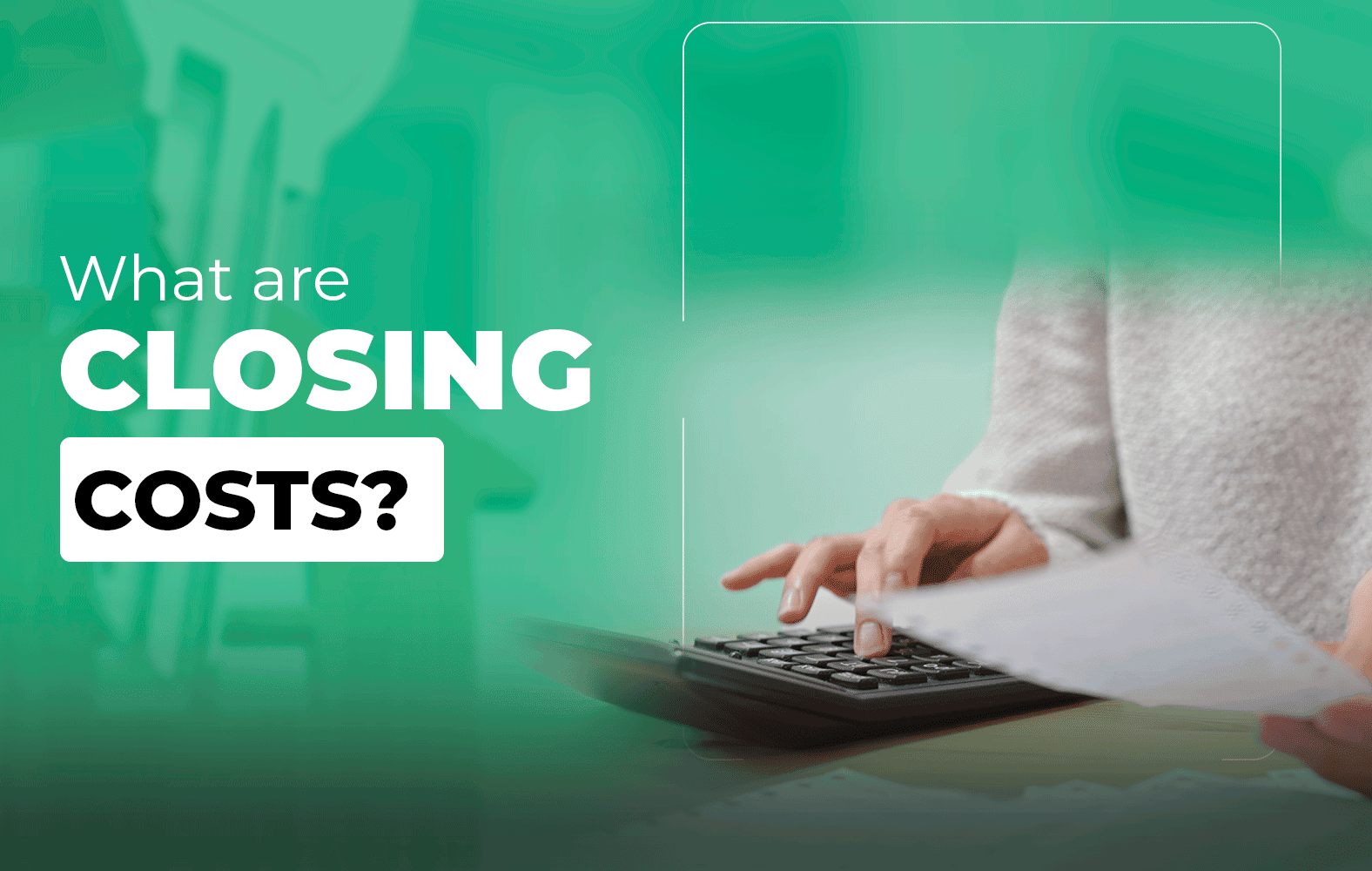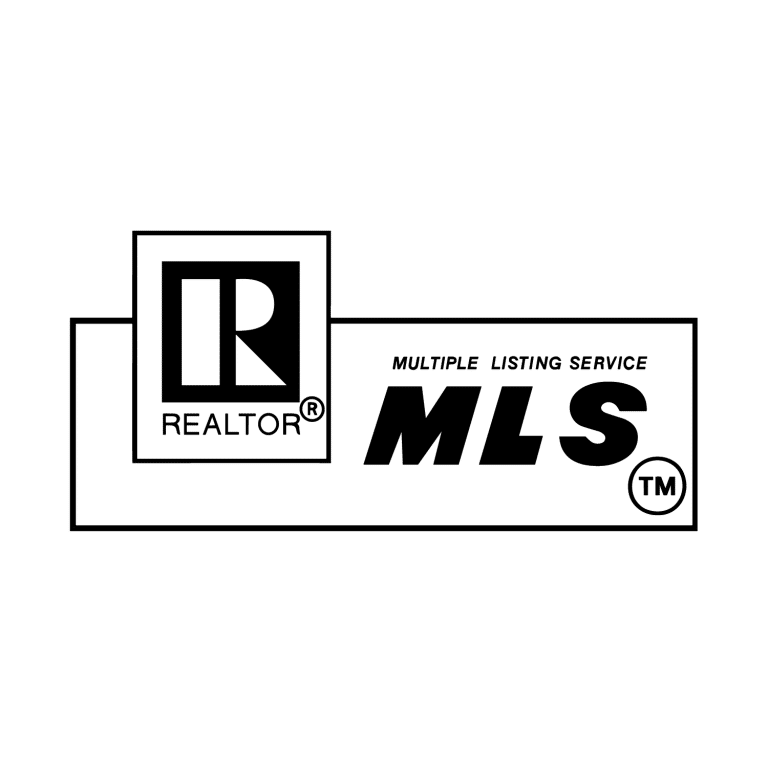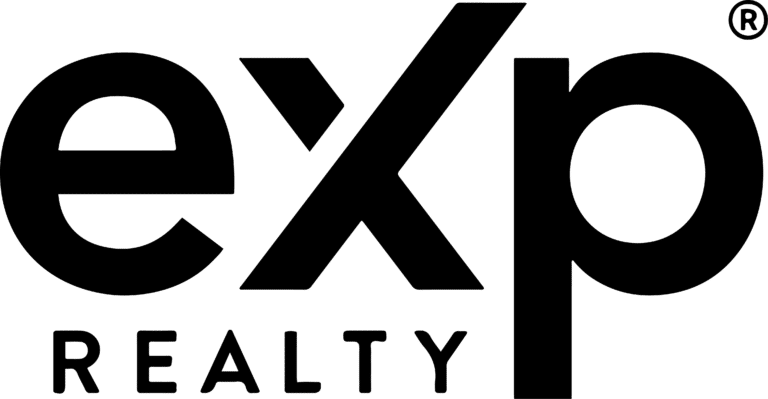
Everything You Need to Know Before Buying a House
Summary
Discover what closing costs are, how they are calculated, and what they include. Learn how to prepare financially to avoid surprises when buying a property in Florida.
What are Closing Costs?
How are Closing Costs Calculated?
- Cash Transaction: If the transaction is in cash, closing costs are approximately between 1.5% and 3% of the purchase value.
- Financed Transaction: If the purchase is financed, closing costs can vary between 4% and 5%, depending on the bank’s cost to generate the mortgage.
- Purchase from a Developer: When buying directly from a developer, closing costs can represent between 6% and 8% of the purchase value.
Detailed List of Closing Costs
- Loan Application Fee: Most banks or financial institutions charge an initiation fee for the process. The lender may also charge discount points to lower the interest rate and improve the mortgage loan terms.
- Property Appraisal Fee: This report is ordered by the lender or bank to ensure the property’s condition and verify that the purchase price is in line with recent sales of similar properties in the same area.
- Prepaid Interest Charges: These charges are the prepaid mortgage interest for the month you will live in the home, usually required to be 12 months in advance.
- Reserve Deposits: The bank usually requires the buyer to deposit into an account managed and administered by the same financial institution granting the mortgage. These reserve deposits apply to property insurance and local property taxes.
- Survey Fee: When purchasing a single-family home, the borrower or bank requires a survey report to ensure there are no violations or unlawful acquisition by a neighbor of portions of the property’s land or defects related to the property’s title.
- Title Insurance: Used in every transaction, it studies the history of property transfers to verify they have been done correctly.
- Attorney or Title Company Fee: The buyer has every right to hire a real estate attorney or title company to defend their interests at the time of property transfer or during the purchase process.
- Property Recording Costs: Include the deed of sale and mortgage registration. In Florida, the documentary stamp tax and intangible tax are charges imposed by the state for the privilege of borrowing money, with the buyer being responsible for these expenses.
- Property Inspection: It is recommended that the buyer conduct a property inspection, which includes termite or destructive organism inspection, roof inspection, electrical, plumbing, etc.
- Sales Commission or Real Estate Agent: In most real estate transactions, the seller is responsible for compensating the real estate agents involved in the deal. Generally, a sales commission of between 6% and 10% should be paid, based on the sale price. In some exclusive representation circumstances, the real estate agent may also charge the buyer representation fees, which may be based on a percentage or a fixed cost agreed upon between the buyer and their real estate agent in advance.
Tips to Prepare Financially
- Investigate and plan: Know all potential closing costs and plan your budget accordingly.
- Connect with a professional real estate agent for expert guidance: A professional can help you better understand the costs and negotiate some of them.
- Save for closing costs: Ensure you have sufficient funds to cover these additional costs in addition to the property’s down payment.
Conclusion
Sources:
Consumer Financial Protection Bureau
U.S. Department of Housing and Urban Development





